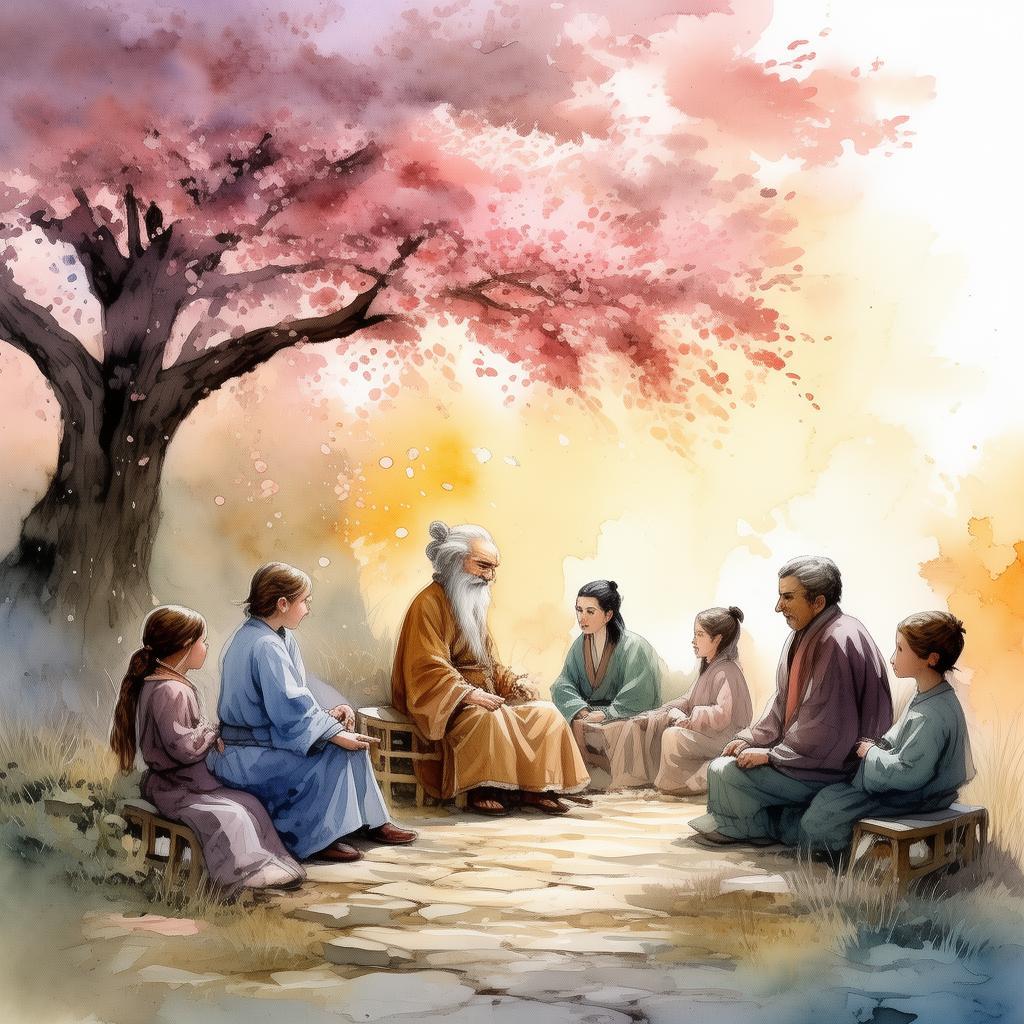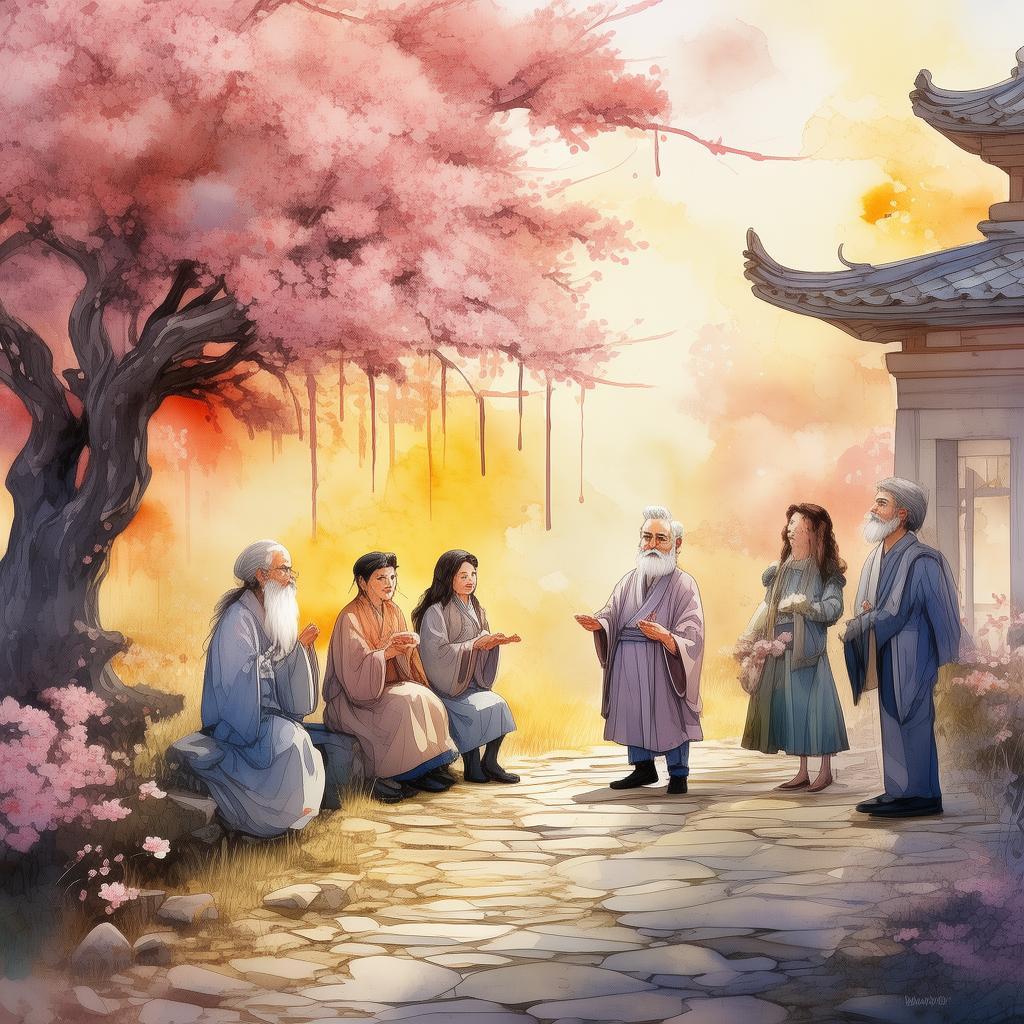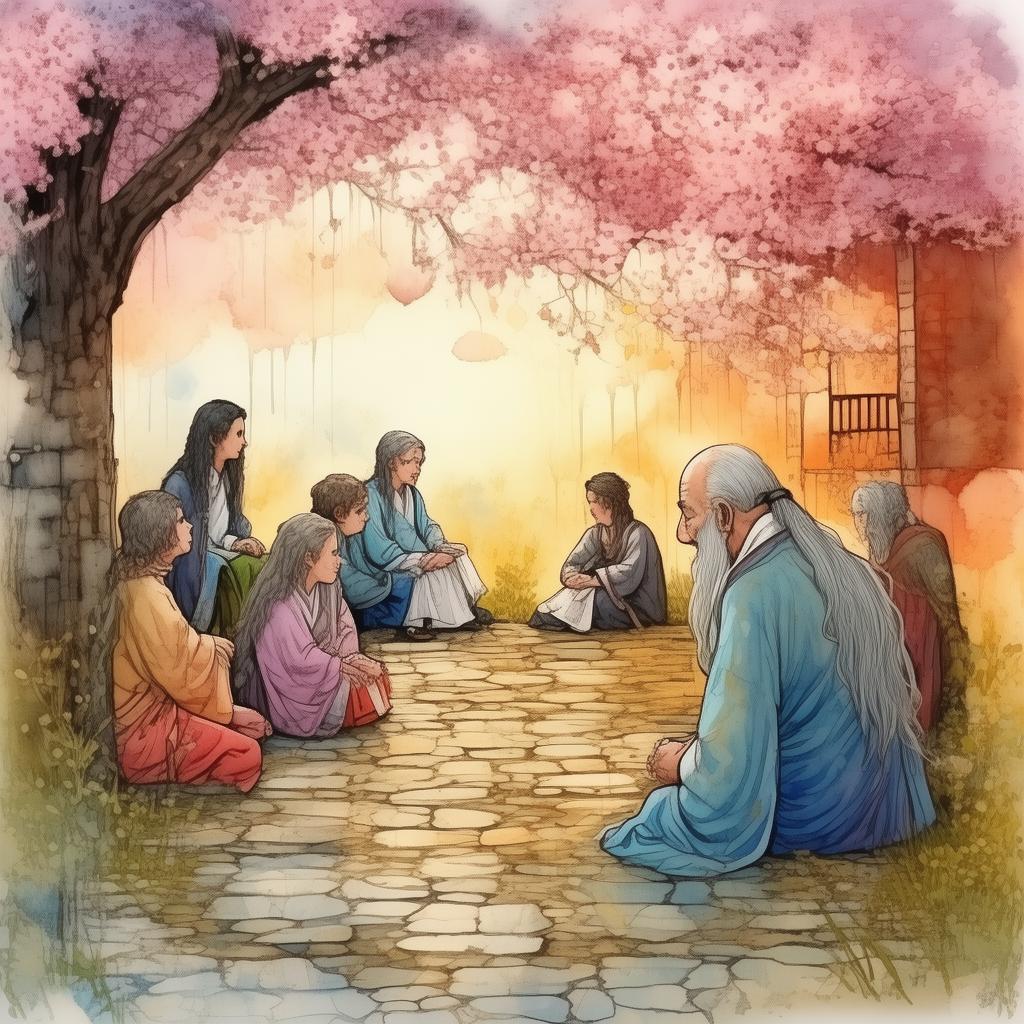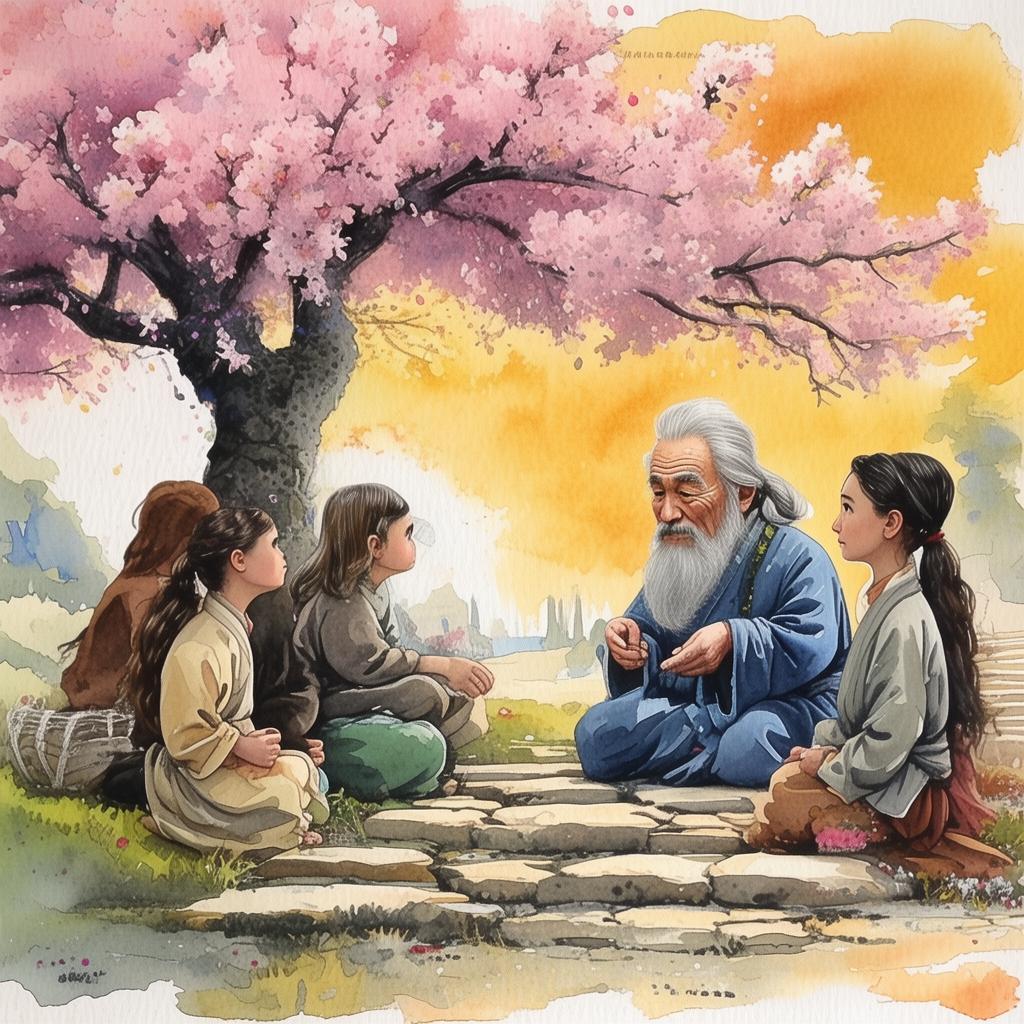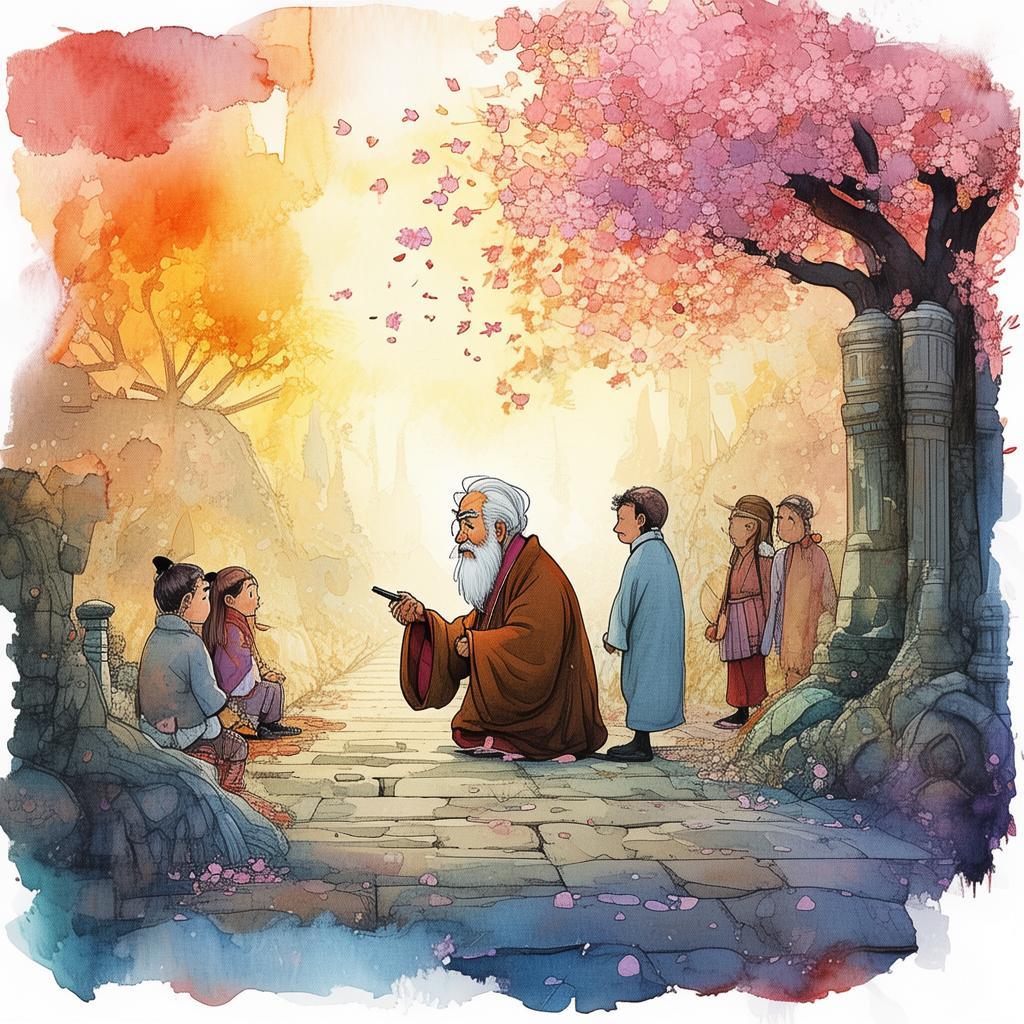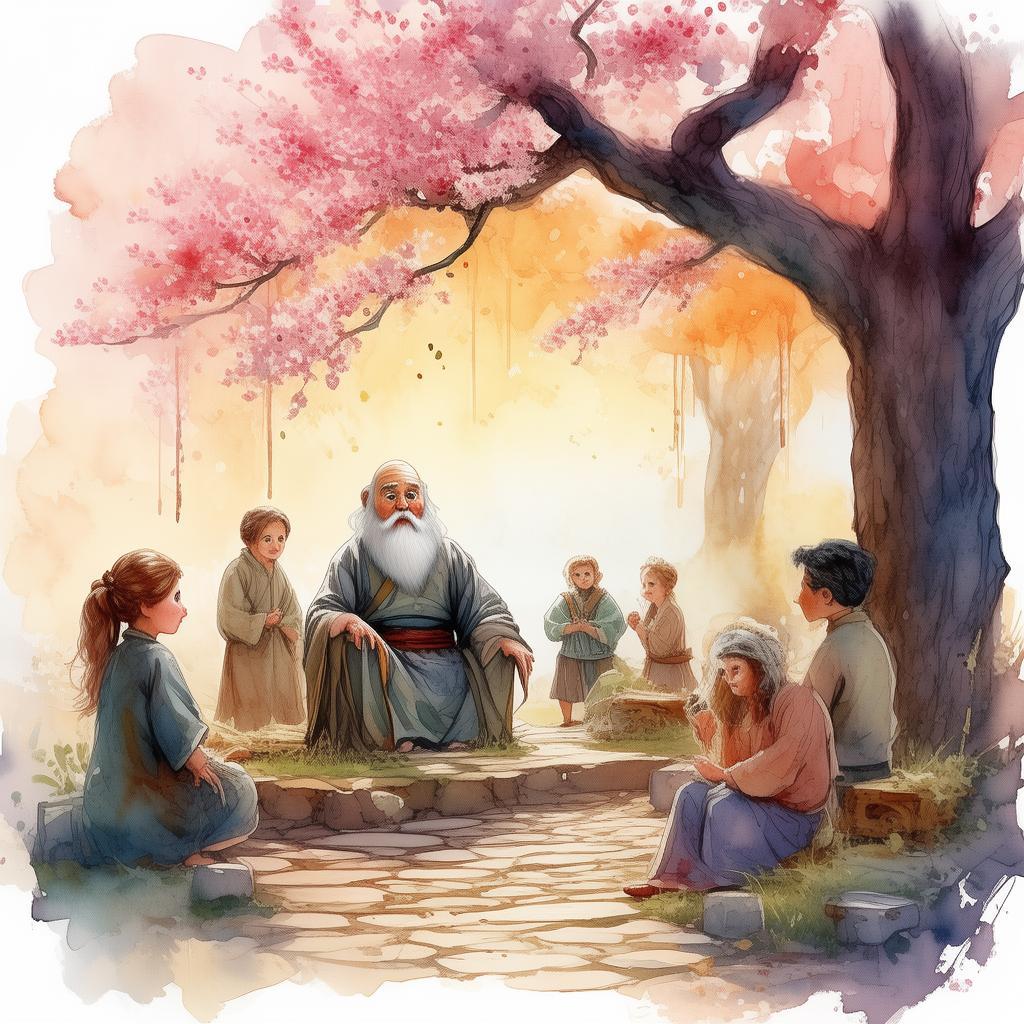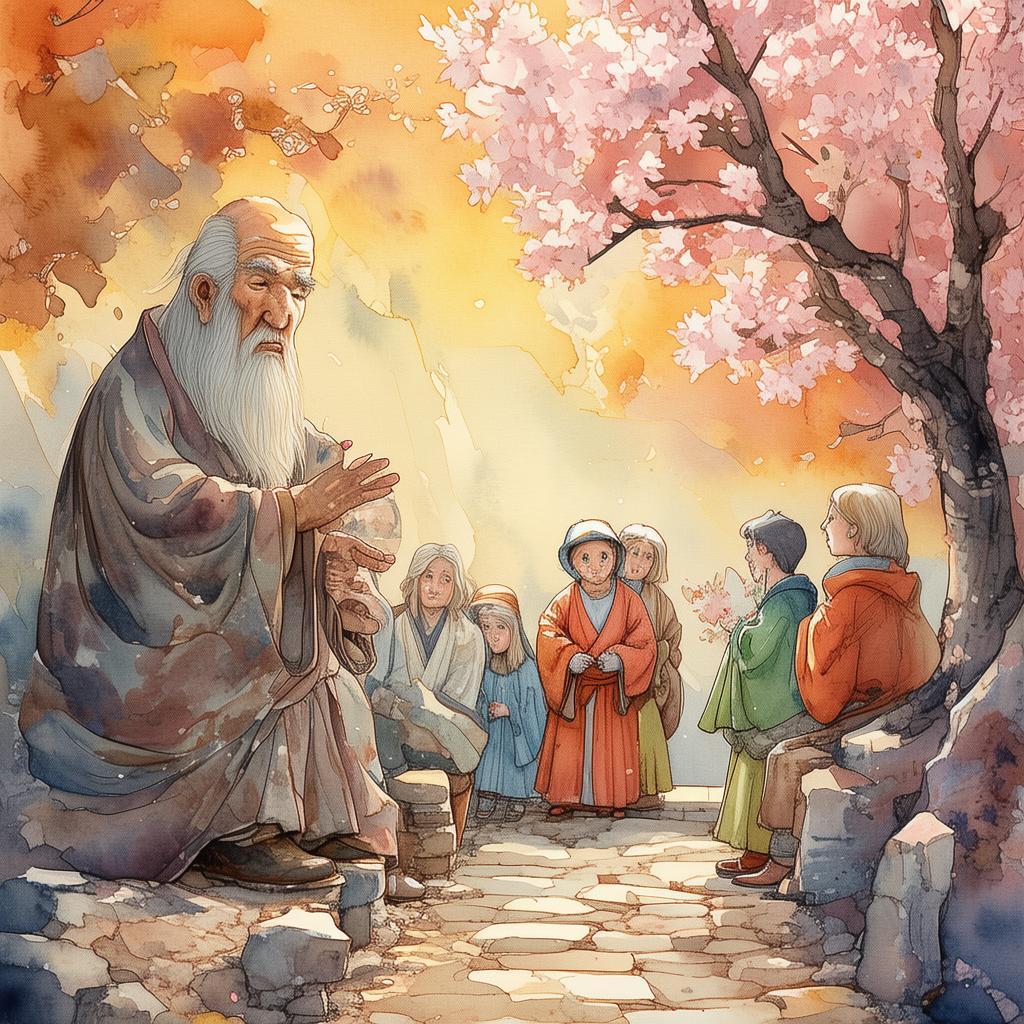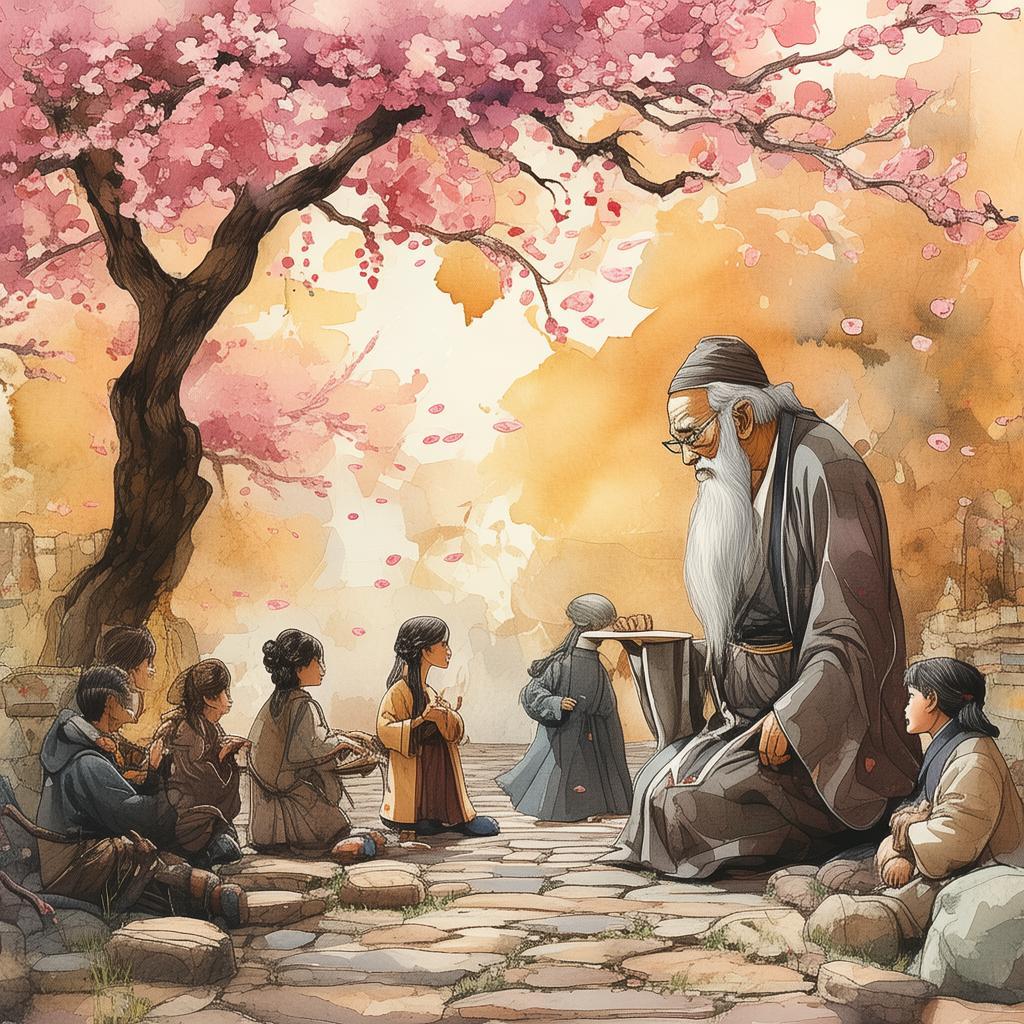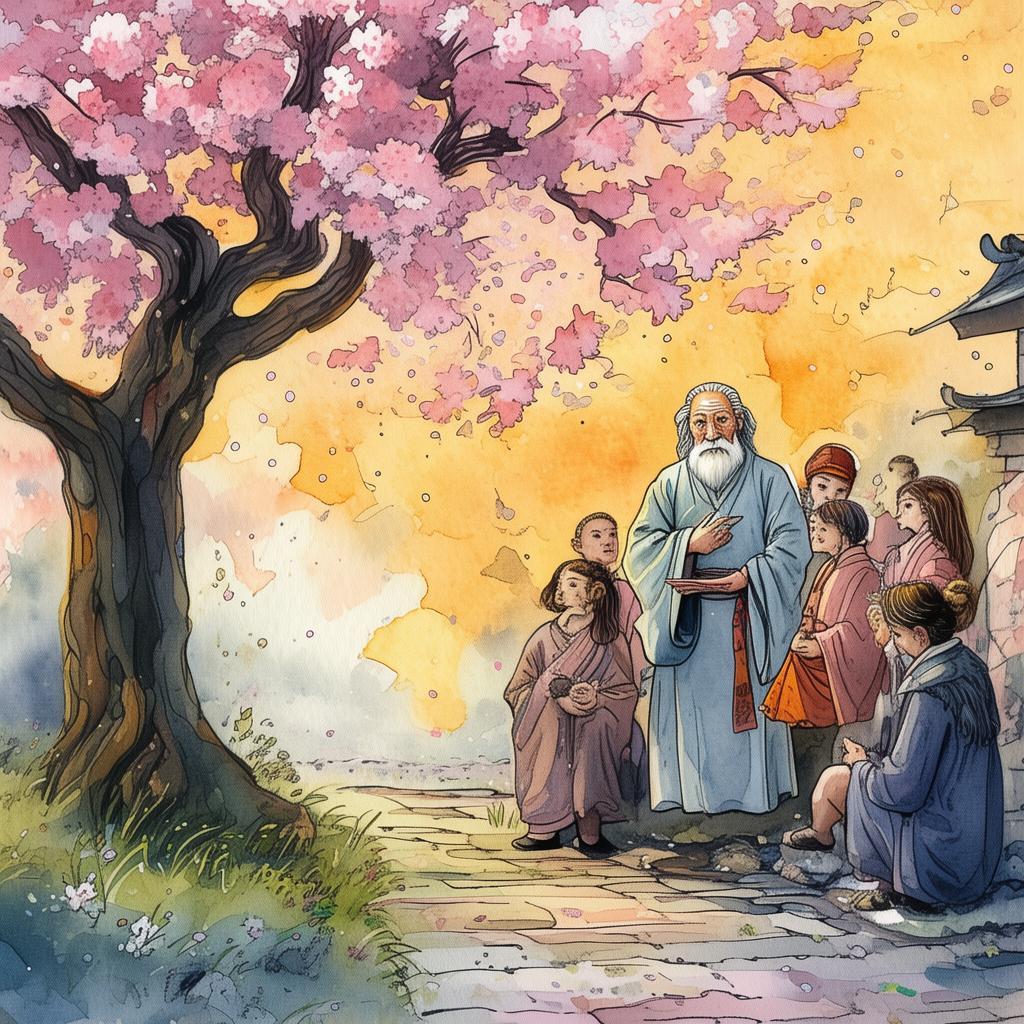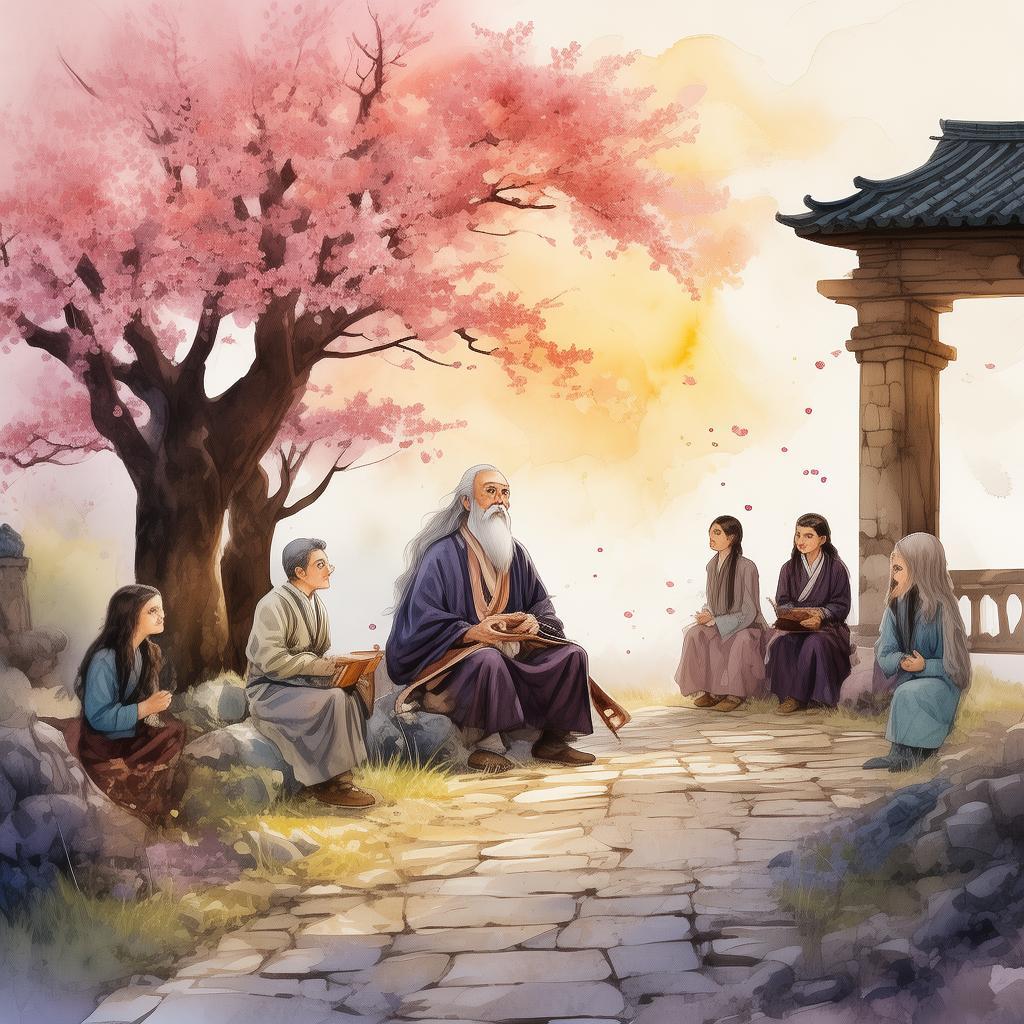Quantum Leap Dragon Boat: The Duanwu Paradox
In the ancient land of Chang'an, nestled between the mountains and rivers, there lay a village called Jingyue. It was a place of serene beauty, where the villagers lived in harmony with nature. The annual Dragon Boat Festival was a time of great celebration, when the villagers would gather to honor the bravery of Qu Yuan, a poet who drowned himself in protest of corruption.
This year, however, the festival was shrouded in mystery. As the sun rose, casting its golden rays upon the river, a shadowy figure was seen gliding across the water in a dragon boat. The villagers whispered about the figure, speculating that it was the spirit of Qu Yuan himself, seeking to protect the village from an ancient curse.
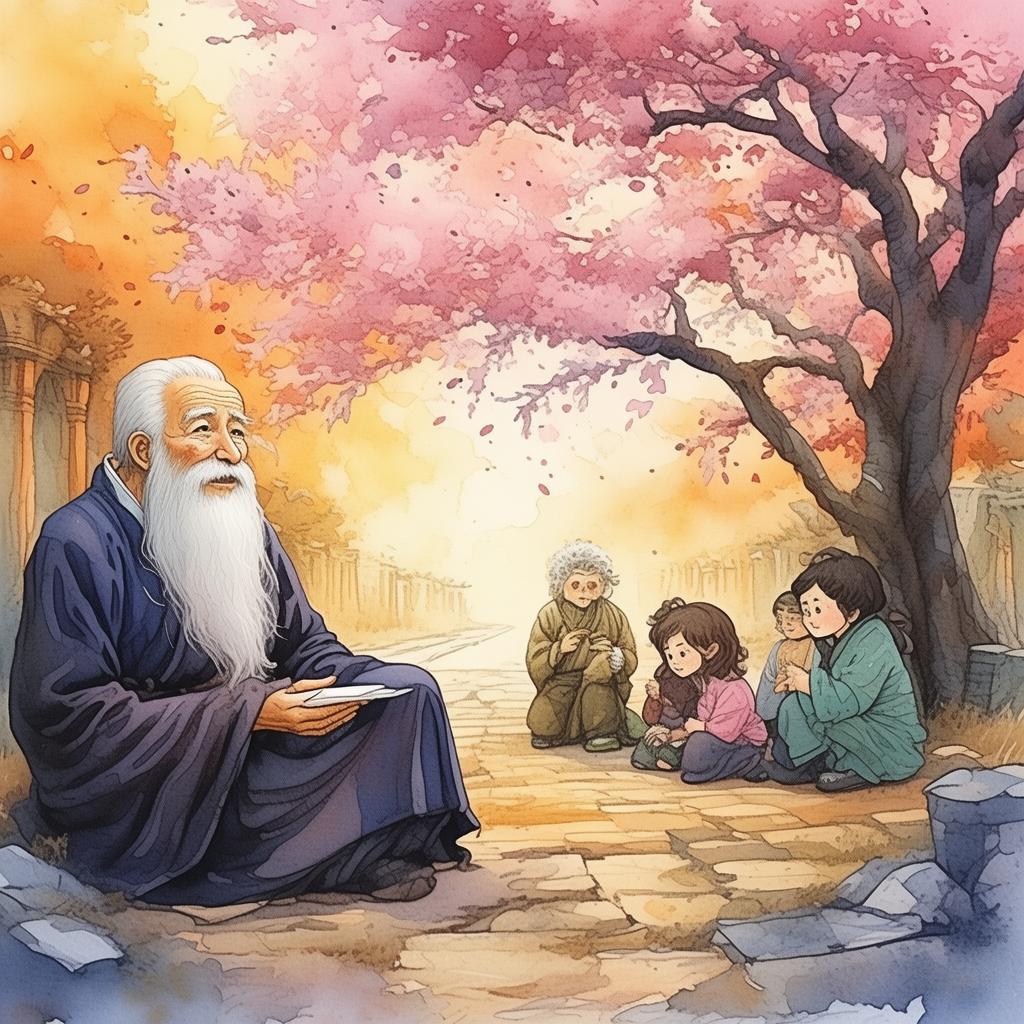
The village's young warrior, Ming, had always been a man of few words but great strength. He was known for his unparalleled martial arts skills and his unwavering dedication to the village's welfare. As the shadowy figure vanished, Ming felt a strange pull, as if the spirit of Qu Yuan was calling to him.
That night, as the villagers prepared for the festival, Ming had a strange dream. In his dream, he was aboard a dragon boat, navigating the treacherous waters of the river. The boat was being chased by a monstrous wave, and Ming was struggling to keep it at bay. Just as the wave was about to engulf them, Qu Yuan appeared, offering Ming a scroll. The scroll was written in ancient Chinese characters, and as Ming read it, he realized it was a map to the Duanwu Paradox.
The Duanwu Paradox was a place where time and space were fluid, and the boundaries between the living and the dead were blurred. According to the scroll, the only way to break the curse was to travel to the Duanwu Paradox and retrieve the lost spirit of the Dragon God, who was the guardian of the village.
Ming awoke with a start, the scroll clutched tightly in his hand. He knew he had to act quickly. The next morning, he set out on his journey, guided by the map and the spirit of Qu Yuan. Along the way, he encountered various challenges, including a riddle from the ancient sage, Confucius, and a battle with a band of marauders who sought to steal the scroll.
After days of traveling, Ming finally reached the Duanwu Paradox. The place was a surreal landscape, with rivers that flowed in every direction and mountains that seemed to float in the sky. As he ventured deeper, Ming encountered the spirit of the Dragon God, who was bound to a stone, his eyes dull and his voice a whisper of the past.
The Dragon God explained that the curse was the result of a betrayal by one of the village's ancestors, who had sold his soul to a demon for power. The demon had cast a spell that would consume the village, and only the Dragon God's spirit could break it.
Ming, realizing the gravity of the situation, offered his own life as a sacrifice to free the Dragon God. As he made the offering, the spirit of the Dragon God ignited, and the curse was lifted. The village was saved, and the villagers celebrated Ming's bravery.
As the festival concluded, Ming returned to the village, his place among the villagers never more revered. The spirit of Qu Yuan had fulfilled its promise, and the village was once again at peace.
The tale of Ming's journey to the Duanwu Paradox and his confrontation with the ancient curse became a legend, a testament to the power of courage and sacrifice. And every year, as the Dragon Boat Festival approached, the villagers would recount the story, ensuring that the spirit of Ming would never be forgotten.
✨ Original Statement ✨
All articles published on this website (including but not limited to text, images, videos, and other content) are original or authorized for reposting and are protected by relevant laws. Without the explicit written permission of this website, no individual or organization may copy, modify, repost, or use the content for commercial purposes.
If you need to quote or cooperate, please contact this site for authorization. We reserve the right to pursue legal responsibility for any unauthorized use.
Hereby declared.
